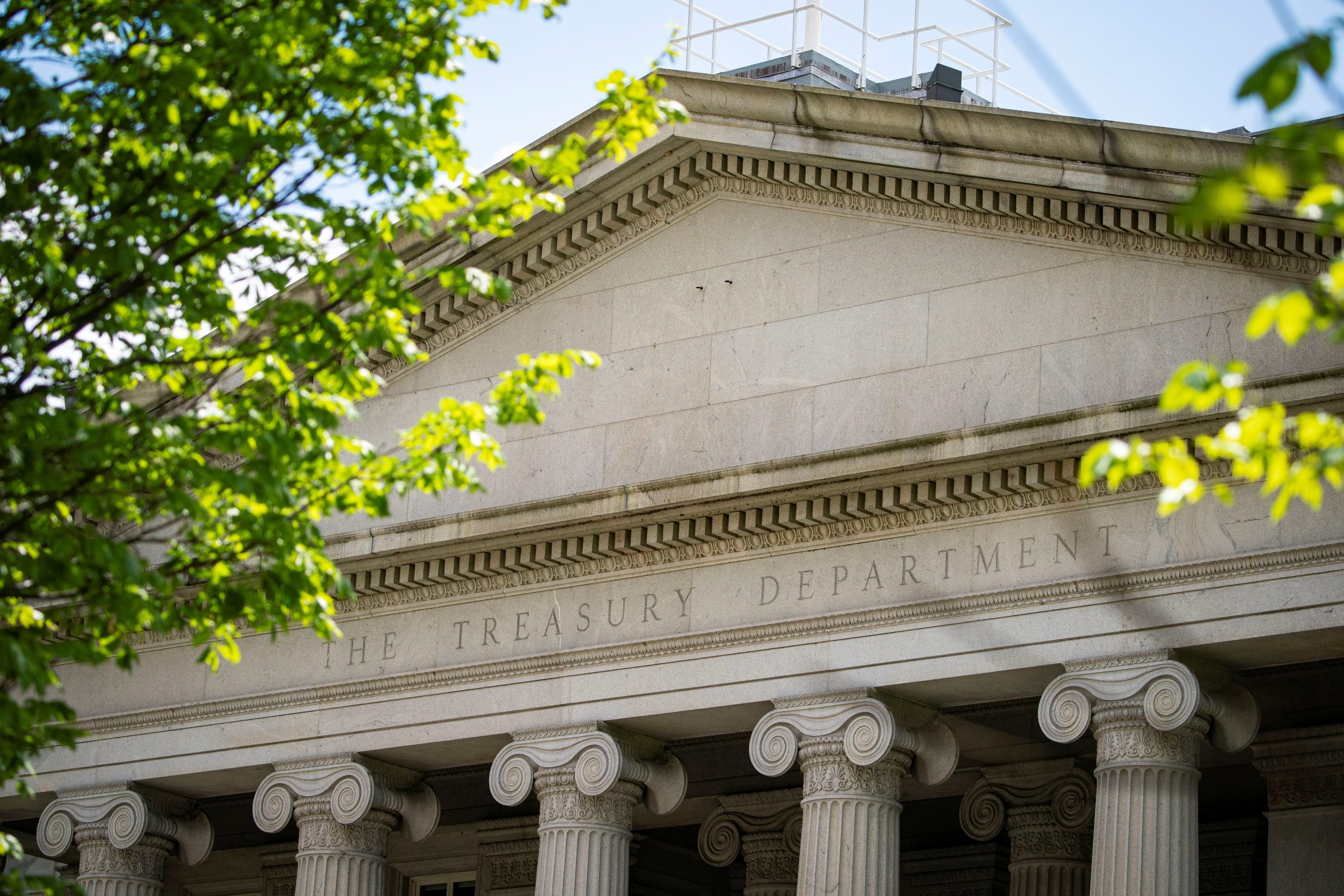
[elfsight_social_share_buttons id=”1″]
An interesting development was made Thursday in a case regarding leaked tax returns. A financial consultant working with the IRS pleaded guilty to leaking many confidential tax returns filed by wealthy Americans.
The consultant, Charles Edward Littlejohn, admitted to a Washington, D.C., federal court that he accessed an IRS database and leaked thousands of tax returns to news organizations in 2019. Among the trove of returns were some belonging to former President Donald Trump, who was in the Oval Office at the time.
‘District Court Judge Ana C. Reyes said that Littlejohn should receive “serious consequences for this illegal act.” The judge further said she was “troubled” by his actions, adding “people taking the law into their own hands is unacceptable.”
An attorney representing Trump requested that Littlejohn receive the maximum sentence of five years in prison. The attorney also called on the Justice Department to look into possible signs of corroboration between Littlejohn and others.
The Justice Department also gave some context on the case. In a statement, Attorney General Merrick Garland said that Littlejohn “saved the tax returns to multiple personal storage devices” ahead of contacting the news outlets.
He then “obstructed the forthcoming investigation into his conduct by deleting and destroying evidence of his disclosures,” Garland added.
The tax returns were reported by the New York Times and ProPublica in the months leading up to the 2020 election. The leaked returns caused quite a stir as they revealed how Trump and many other wealthy Americans, such as Amazon founder Jeff Bezos and Microsoft’s Bill Gates, were often able to avoid paying taxes.
This was generally an unsurprising revelation. Trump admitted before the 2016 election that he and others took advantage of the tax code to avoid paying a large amount of taxes.
Indeed, Trump turned that into a dig against then-Democrat nominee Hillary Clinton by saying that she and her beneficiaries enjoy the same benefits, which is why the code was never changed.
But Trump’s 2016 statement also ignited a desire among politicians, especially Democrats, to acquire Trump’s closely-guarded tax returns. Trump was the first President in 40 years to not release his tax returns. This was a customary tradition but was never a legal requirement for candidates.
After years of legal battles, the House Ways and Means Committee was finally allowed to access Trump’s returns from 2015 to 2020.
Still, Trump’s attorney feels as though the early tax return leak may have negatively impacted Trump’s chances in the 2020 election. His attorney said that Trump “probably lost thousands of votes” once the leak went public.
Trump has always said that Democrats’ desire to see his tax returns was a politically charged tactic to turn voters against him.
